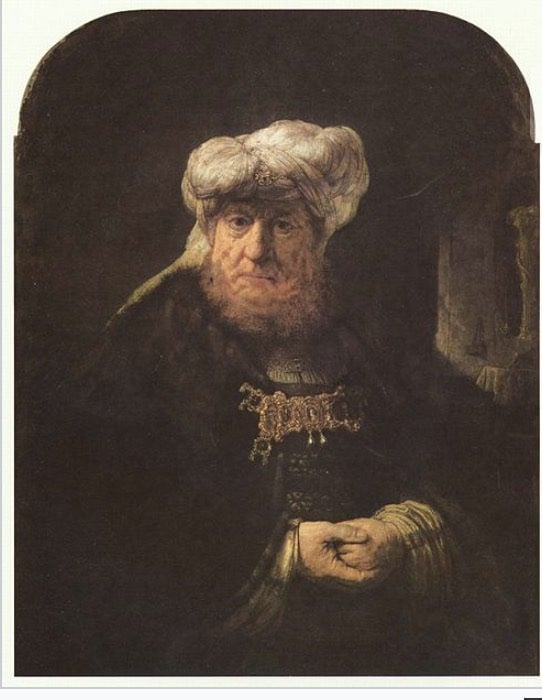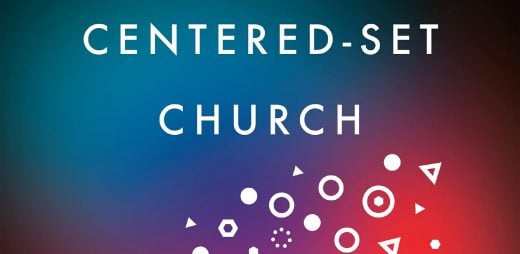Today, we dive into the deep end of the theological pool.

In fact, contemporary scholars have demonstrated significant differences between many modern notions of monotheism and that of ancient Israel.
In this post, I will attempt to summarize the ideas of one prominent voice in the discussion. While people may quibble with him about details, I think Richard Bauckham’s work lays out the main contours of ancient Jewish monotheism.
In upcoming posts, I will apply these ideas to our ministry. Specifically, I will consider some implications for both contextualizing the gospel among animists and doing apologetics.
God is not a “what”
Typically, we think about deity in terms of “what” God is. In other words, what is a divine nature (as opposed to human nature)?
In most systematic theology classes, God’s deity essentially seems simply to be the sum of a number of “attributes,” like omniscience, omnipresence, power, holiness, etc. Some professors make the discussion even more abstract by dividing these attributes into categories, i.e. communicable vs. incommunicable, moral vs. non-moral, etc.
Naturally, debates rage over the Trinity and Jesus’ nature. How is God both one and three? Likewise, how does Jesus have a divine and human nature? These questions focus on “what” deity is.
Bauckham’s basic idea is this: that’s not how ancient Jews conceived of the Lord, the one true God. They didn’t focus one what God is; rather they asked, “Who is the one true God?”
Deity as “Divine Identity”
Bauckham speaks of “divine identity” to explain the distinctive features of ancient Jewish monotheism. Whoever has all these characteristics is included within the one true God’s “divine identity.”
Ancient Jews had more of a “functional” view of deity, i.e. the one true God is discerned by what He does more than what He is (which is an issue of “ontology”).
1. God is Creator
The Creator and creature distinction is fundamental. God creates all other beings whether, angels, demons, humans, or animals.
Isa 44:24, “I am the Lord, who made all things, who alone stretched out the heavens, who spread out the earth by myself” (cf. Isa 42:5).
Countless passages echo the praise of Nehemiah.
Neh 9:6, “You are the Lord, you alone. You have made heaven, the heaven of heavens, with all their host, the earth and all that is on it, the seas and all that is in them; and you preserve all of them; and the host of heaven worships you.”
2. God is King
Because God is Creator, he also is king. Isa 40–55 repeated emphasizes this fact: the one true God is Creator, therefore, he is king. Isa 43:15 summarizes this idea:
“I am the Lord, your Holy One, the Creator of Israel, your King.”
(cf. Ps 43:2–3; 83:18; 103:19; 110:1–2; Isa 37:16)
3. The one God is the covenant God of Israel
Time and time again, God distinguishes himself in a manner similar to that found in Neh 9:7–8,
7 You are the Lord, the God who chose Abram and brought him out of Ur of the Chaldeans and gave him the name Abraham. 8 You found his heart faithful before you, and made with him the covenant to give to his offspring the land of the Canaanite, the Hittite, the Amorite, the Perizzite, the Jebusite, and the Girgashite. And you have kept your promise, for you are righteous.
Not the Abrahamic covenant, but Mosaic and David covenants highlight that fact that the Lord is God alone (cf. Deut 7:6–9; 2 Sam 7:22).
In summary, these three characteristics of the “divine identity” span three of the most important themes that frame the biblical story: creation, covenant, kingdom.
It is noteworthy that in extra-biblical literature, we also see people regularly use these three criteria to identify God, i.e. to distinguish God and other so-called ‘gods.’ (You’ll have to read Bauckham for a fuller defense.)
Only YHWH Deserves Worship
For these three reasons, only the Lord deserves. All other so-called gods are not worthy of worship.
Quickly observe how Deuteronomy 32 challenges “false gods” (as in vv. 17, 22). How does the writer do this? In Deut 32:8–9,
“When the Most High gave to the nations their inheritance, when he divided mankind, he fixed the borders of the peoples according to the number of the sons of God. But the Lord’s portion is his people, Jacob his allotted heritage.”
Then in Deut 32:39,
“See now that I, even I, am he, and there is no god beside me; I kill and I make alive; I wound and I heal; and there is none that can deliver out of my hand.”
In these verses, the writer appeals to God’s actions in history. As the Creator-King, only He has sovereignty.
Therefore, if we neglect the Old Testament and Israel’s story, then we also weaken our apologetic arguments.












